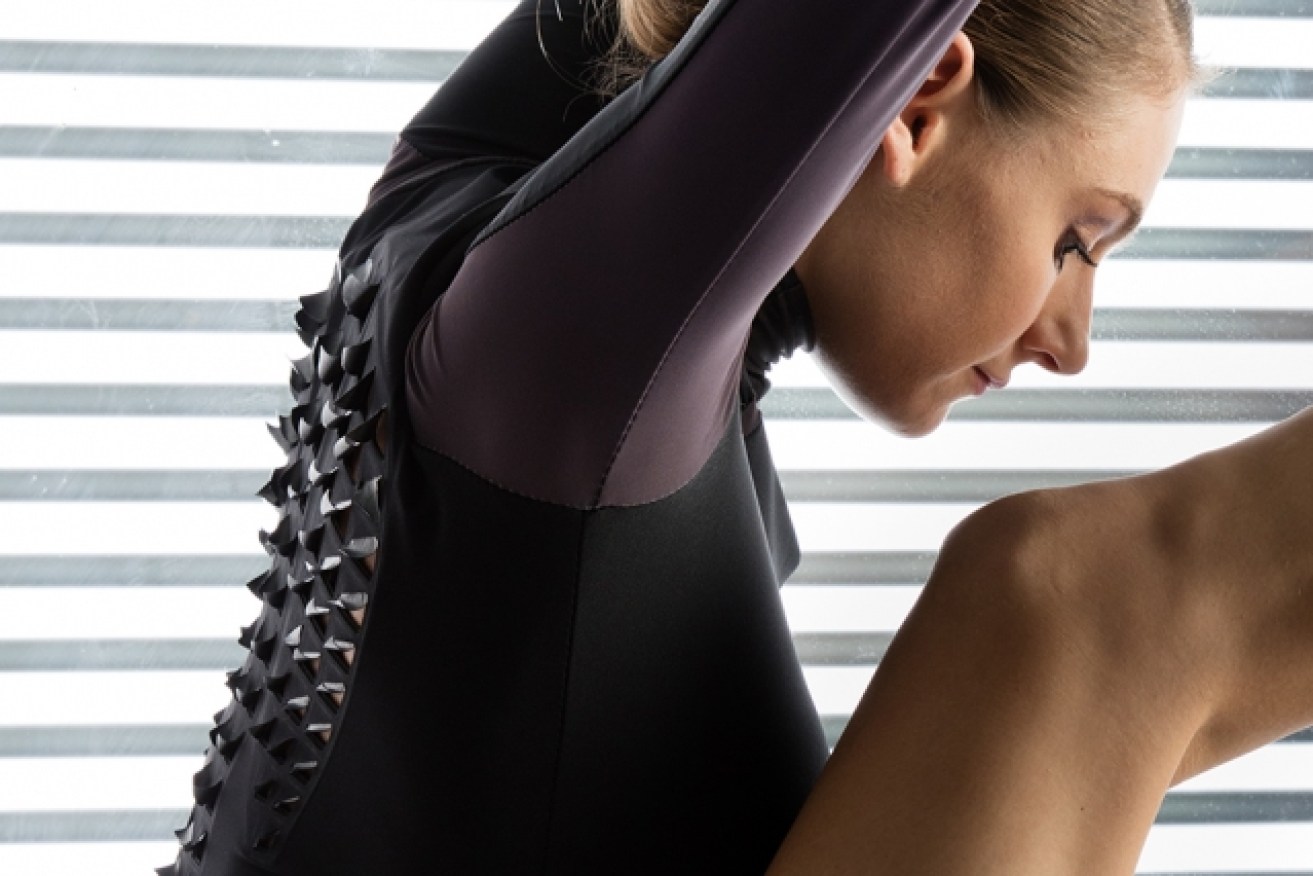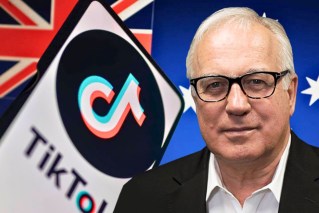Are you sick of washing? Try self-cleaning clothes


The MIT-developed 'second skin'. Photo: MIT.
Washing machines could soon be replaced by just sunshine thanks to the development of self-cleaning textiles by Australian scientists.
In a new study published in Advanced Materials Interfaces, researchers from RMIT have developed a new method of growing nanostructures on textiles that, when exposed to light, can clean themselves by degrading organic matter.
Co-author Dr Rajesh Ramanathan, a nanotechnology researcher from RMIT’s Ian Potter NanoBioSensing Facility and NanoBiotechnology Research Lab, said they used copper and silver-based nanostructures to stimulate a “hot electron” energy boost.
• Apple finally releases a cheaper iPhone
• Scientists witness moment star dies
• 10 great moments from Scott Kelly’s year in space
“There is a concept called ‘hot electron’ – when these metals absorb light, they are able to excite themselves and in the process, when they get excited, they are able to clean themselves,” Dr Ramanathan told The New Daily.
“So [the textiles] are able to degrade any organic matter on them.”

The study was published in the magazine Advanced Material Interfaces.
The researchers grew the copper and silver-based nanostructures, which are known for their light-absorbing qualities, directly onto textiles by dipping them into a few solutions.
Stable nanostructures developed within 30 minutes and it took less than six minutes for the textiles to clean themselves after exposure to light.
Dr Ramanathan hopes the technology will also be picked up by agriculture and pharmaceutical industries as it provides a more efficient way of using copper in chemical reactions.
“A lot of these industries actually use copper-based catalysts,” Dr Ramanathan said. “Generally what happens in these industries, when they use the copper [in a reaction], the copper cannot be reused.
“So technically you will reduce costs in the long run because you can reuse your textile a number of times.”
Associate Professor Mike Ford, director of the Materials and Technology for Energy Efficiency research strength at UTS, said the research was “an interesting advance in materials processing”.
“The materials processing strategy reported in this paper does indeed result in a material capable of cleaning itself,” Associate Professor Ford told The New Daily.
“So-called ‘self-cleaning’ fabrics have been around for about 10 years now, but to date have been based on treating fabrics so that they repel water or oil-based substances rather than being truly self-cleaning,” he said.
In recent years, nanotechnology advances have paved the way for the development of other smart textiles, such as the water-repellant fabrics mentioned by Associate Professor Ford.

The MIT-developed ‘second skin’. Photo: MIT
In December, scientists from the UK announced a new class of hydrocarbon-based material inspired by the hydrophobic, or water-repelling, properties of the lotus leaf.
These coatings, such as the superhydrophobic NeverWet, cause water molecules to form larger droplets that roll off the surface to keep the surface dry.
The bioLogic research team from MIT recently developed a bio-textile for sportswear that responds to the body’s heat and sweat – they embedded a bacteria into fabric that actively works to ventilate itself and thereby enhance athletic performance.
Researchers are also working to develop an antibacterial nano-coating for textiles that can also be biodegradable, with silver-based nanostructures already being used for their antibacterial properties in appliances like washing machines and fridges.
However, Dr Ramanathan advises against throwing away your washing machines just yet as it may take years for the technology to reach the marketplace.
“We want the end users to benefit from what we are doing in the lab – currently what we’re doing is growing these structures on a large scale and looking at the practical applicability and how fast we can translate this for consumers,” he said.









